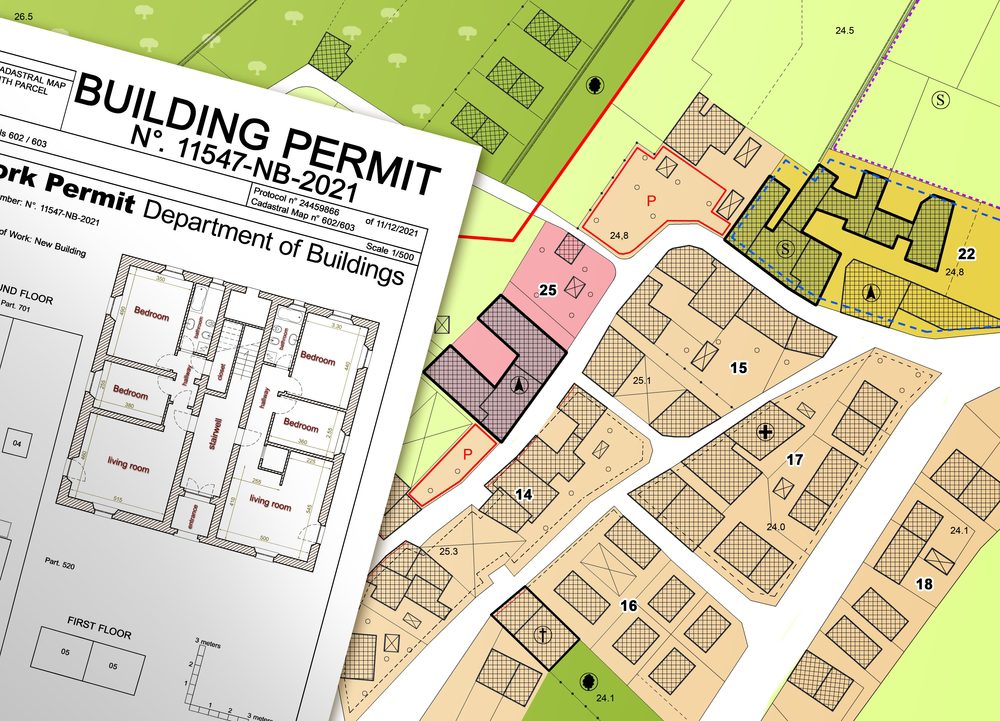
Understanding Recent Changes to California’s Zoning Laws
The changes made to zoning laws in California can impact lenders, buyers, brokers, developers, and other parties involved in real estate matters. The changes reflect a range of issues the state has faced, including:
- Homelessness
- Inequality in real estate
- Housing shortage
- Backlog of accrued rental debt from the COVID-19 pandemic
In 2021, senate and assembly members created various legislative agendas to become effective in 2022 and 2023.
New Laws and What they Mean
Starting in January 2023, real estate licensees and license applicants must complete implicit bias training when taking a licensing course and a 45-hour renewal course. Senate Bill (S.B.) 263 requires real estate applicants and licensees to learn about these topics:
- The impact of systemic, implicit, and explicit biases on consumers;
- The social and historical implications of these biases; and
- Actionable steps licensees can take to recognize their own biases and address them.
Assembly Bill (AB) 948 requires real estate appraisers to complete cultural competency and anti-bias training. This law also makes it unlawful for appraisers to discriminate against protected group members in appraisals and in making their services available.
Additionally, the Bureau of Real Estate Appraisers (BREA) must ask complainants whether they believe an appraisal is below market value by including a check box in the existing complaint form. Complainants can choose to disclose their demographic information for BREA to study. BREA must report its findings to the state legislature before July 1, 2024.
Inequalities in real estate exist under various circumstances. Besides placing anti-bias requirements on real estate appraisers and licensees, legislators have worked to address the other disparities below.
Under AB 491, new requirements for mixed-income residential buildings started on January 1, 2022. These buildings must maintain entrances and common areas accessible by all types of units. Instead of isolating or separating low-income units to a wing or floor of the building, the structure should incorporate all units.
AB 1466 addresses requirements for title insurance companies involved in transferring real property. Beginning on July 1, 2022, these companies must identify whether the documents used to transfer real property include any unlawfully restrictive covenants. They must also submit a modification document to the county recorder if they identify any unlawful covenants.
Many low and moderate-income households were forced to put their plans of owning a home on hold due to the ongoing housing shortage and increasing prices. The California legislature passed multiple laws to help with this issue, all taking effect this year.
- B. 10 – Under this law, if a parcel is in a jobs-rich area, a transit-rich area, or an urban infill site, governments have the authority to zone these parcels for up to ten units of residential density.
- AB 345 – This law requires every local agency to allow a qualified buyer to have conveyed or sold to them an accessory dwelling unit (ADU) separately from the primary residence.
- B. 9 – This law determines what a local agency can and cannot require to approve construction involving a single-family residence and an ADU or two residential units on a single lot. Additionally, a proposed housing development consisting of two residential units within a single-family residential home zone must be considered without discretionary review or hearing if it meets specific requirements.
- SB 591 – SB 591 permits a senior citizen housing development to establish intergenerational housing involving seniors 55 years old and older. Additionally, the law permits caregivers who don’t meet the age minimum and transitional age youths if seniors occupy at least 80 percent of the dwelling units in the development.
- B. 60 – Fines for violating an ordinance associated with a residential short-term rental where the violation poses a threat to safety or health increase from $100 to $1,500 for the first violation, $200 to $3,000 for the second violation within one year, and $500 to $5,000 for additional violations within a year of the first.
How We Can Help with Your Real Estate Legal Concerns
The California real estate lawyers of the Law Office of David C. Winton have more than 60 years of combined experience litigating cases in state and federal court. We use our knowledge and resources to resolve issues our clients face when involved in a real estate matter. You can count on our legal team to fight for you and protect your interests during your case.
Call the Law Office of David C. Winton, at 415-985-2111 today for an initial consultation.
